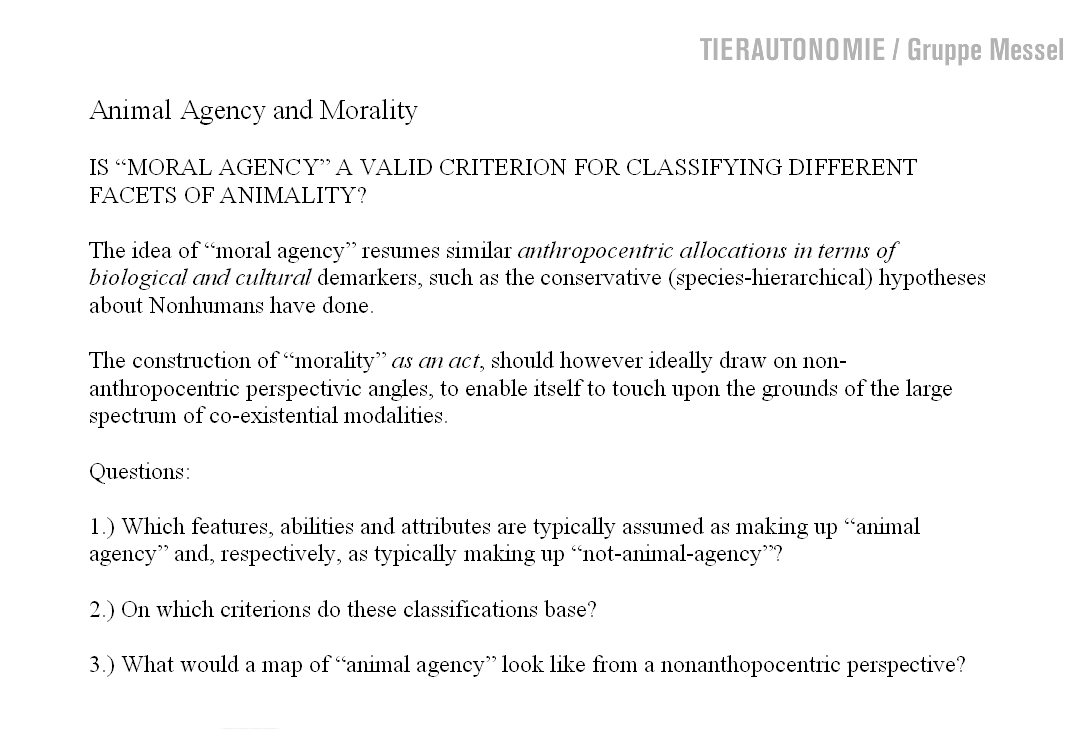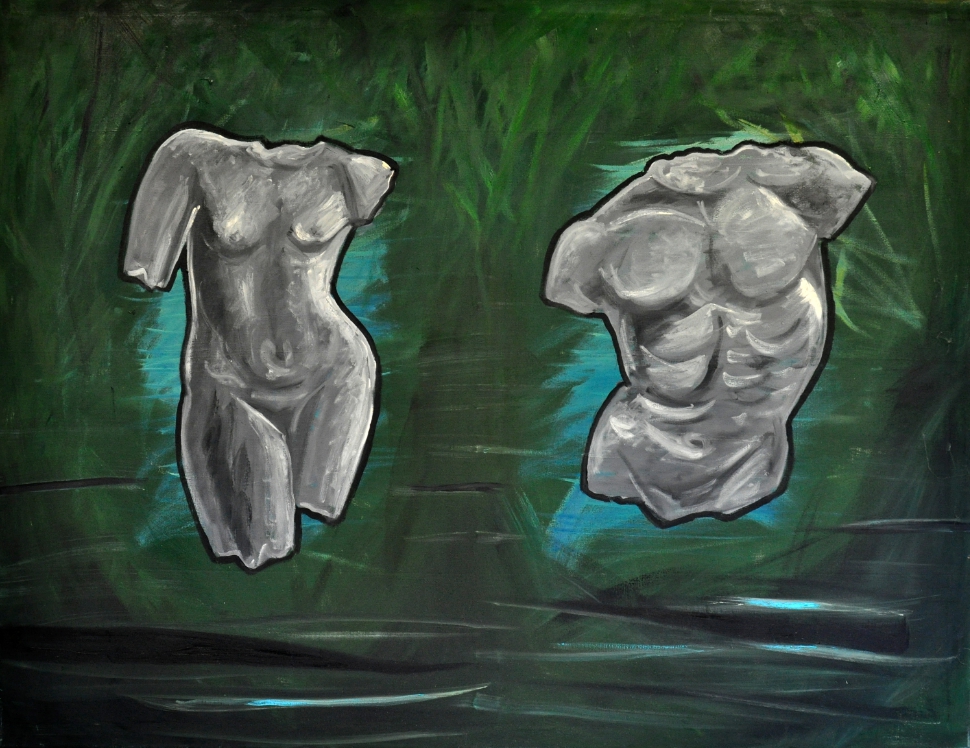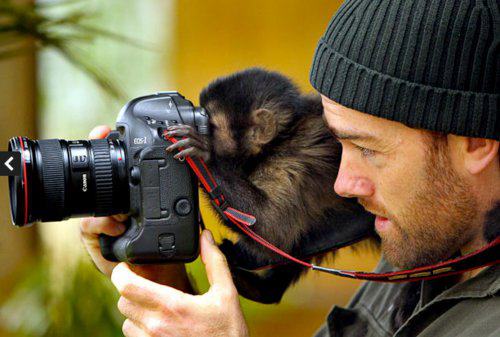Palang LY
Veganic plus Animal Sanctuaries plus Ethics
There so far is no such thing as a “positive” veganic (which means: organic vegan agriculture) Animal Rights consciousness.
Not taking into consideration that nonhuman animals must be helped by all possible means, here looks to me like a form of speciesism might be lurking in the background, since if humans where in a comparable plight, anybody who would describe him-/herself as a non- misanthrope would help the humans in question.
What I am mainly interested in is:
Why doesn’t it occur to vegans and the veganic (vegan organic) movement, that humans and nonhuman animals can co-exist, can co-live without exploitation, as an option?
I have looked at various veganic projects, and as far as one can see, “animal rights” only plays a role in the way, that exploitation and usage of animals and animal products / fertilizer derived from animals is non-permitted, on ethical grounds, mainly. Hence, these people are VEGANS, and not just any people avoiding animal products: They avoid animal exploitation. That’s the Animal Rights part of the veganic movement.
But apart from that, the very nonhuman animals that we as VEGANS want to HELP, don’t come in or become visible or noticed as beings that we are willing to live together with, that we are willing to share the earth with. As if the soil and the forests were ours to use, ours to live on, ours to say what’s right to do with it (“it” … that is: nature).
Billions of animals
Of course the forceful exploitation of the reproductive system of animals has to stop. Of course any form of overpopulation is bad for anybody and this planet. But the lives, that didn’t chose to come into this world, the lives that just happen to find themselves here – we do have to ethically respect the fact that these individuals exist.
Sanctuaries and vegan farming should merge I believe! To cut a long “story” short and practical.
But back to veganic-ism as it is
There is the mention of using human manure and faeces for fertilization (apart from the much more promising sounding self-fertilizing gardening methods which exist in veganicism too of course). But if people are willing to use their own manure, as part of the biological process of vegan agriculture, can’t the idea of “the sanctuary” and the idea of a newly veganic option be created in peoples minds? People can tolerate their own manure somewhere, but not another (nonhuman) animal’s manure? I think we cannot say that it is speciesist and exploitative if both humans and nonhuman animals live together in a natural space without harming or exploiting or using each other.
We as vegans ought to LIVE together with the other animals on this planet, in a peaceful manner, in mixed communities. If we can’t develop a consciousness for that, we fail at creating a (more complete) positive ethic. It’s enormously tragic that we let the speciesist view of “animals, us and the world” win insofar, that this view manages to inspire us vegans not to willingly plan to live together with the so called farm animals in a vegan, caring manner, with a strong will to co-exist.
Are the only options we can chose from the one of degrading nonhuman animals or otherwise totally excluding them, and making them nonexistent in a (desired utopian) daily reality? No, really, because this planet is also an animals’ planet!
Ethics … To me the veganic movement makes itself look as if it creates and expresses a bifurcation in what veganism ideally should mean. As good at it looks now and as much as such farming practices are heading for the major part in a promising and important and ethically inevitable direction, the veganic code of ethics nevertheless ignores an important factor and that is, again, to include all animals in a life affirming way.
This fallacy in the veganic vegan understanding makes vegans overall look as if this movement was basically about clearing nonhuman animals in their positives – and as living facts and individual fates – simply out of our lives!
I think there is morally something going drastically wrong with us.
This text as a PDF (link opens in a new window)









